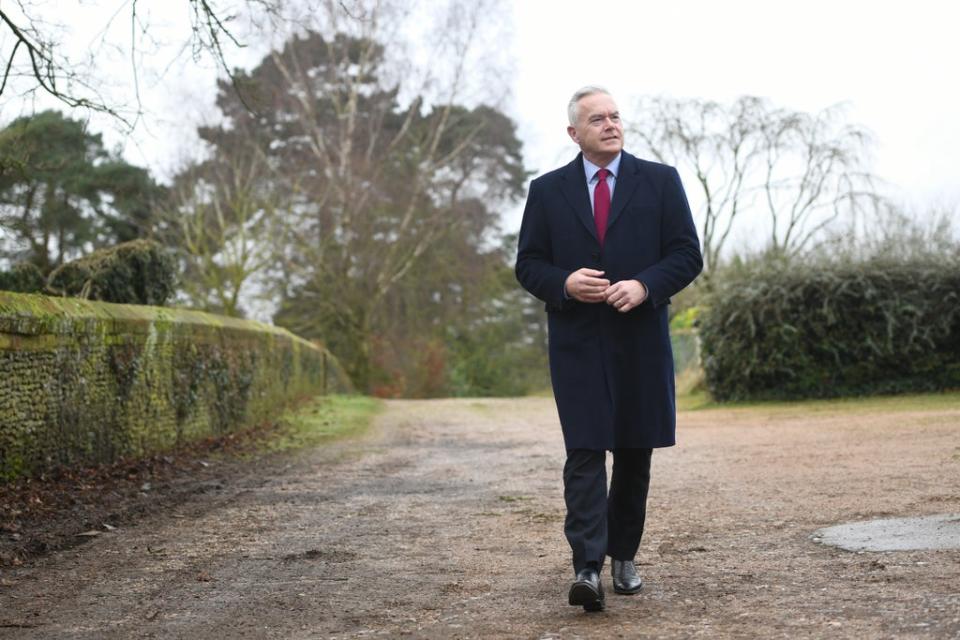BBC News at Ten’s Huw Edwards says his depression has been so severe at times that he ‘couldn’t work’
Huw Edwards has spoken out about how suffering from depression has affected his life and career, sharing that the condition has occasionally left him unable to leave his bed.
In a new interview, the BBC News at Ten anchor openly discussed his 20-year long mental health struggles.
Edwards first publicly shared that he has depression during a Welsh-language documentary about his personal and professional journey, titled Huw Edwards yn 60 (Huw Edwards at 60).
More recently, speaking to the Men’s Health’s “Talking Heads” columnist Alastair Campbell for the June issue (out on 25 May), Edwards has given further details about what he experiences during his bouts of depression.
“I’m pretty clear that I have suffered – and do suffer – from depression,” he began. “It’s not anxiety, although it includes anxiety, but it tends to hit me in a strong wave and then go away... I think at least I now know when I’m going to enter a phase like that.”
Explaining the paralysing nature of a negative mental health turn, Edwards continued: “Your mind goes into a place where you don’t want to do anything. You can’t make any decisions. Things that you usually enjoy, you dread.
“You come into work and obviously you do a professional job, but you’re kind of pushing your way through it. And, of course, if it’s very bad – as it has been a few times over the course of 20 years – you can’t work.

“During the worst one I had, I couldn’t get out of bed.”
Elsewhere in the conversation, Edwards shared how his family deal with his mental health, crediting his wife Vicky Flind for being “supportive when she needs to be”.
Speaking about his children, he noted: “One of my girls will come to me and ask how I’m feeling. She’s got a code – she’ll say: ‘How are you upstairs today?’ And I think, for a 20-year-old, that’s a nice thing to be asked.”
If you have been affected by this article, you can contact the following organisations for support: actiononaddiction.org.uk, mind.org.uk, nhs.uk/livewell/mentalhealth, mentalhealth.org.uk.

